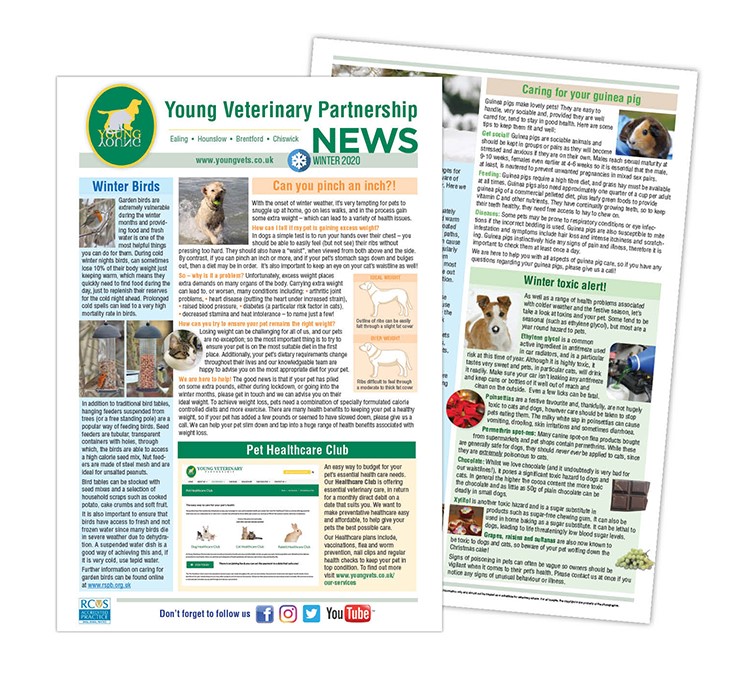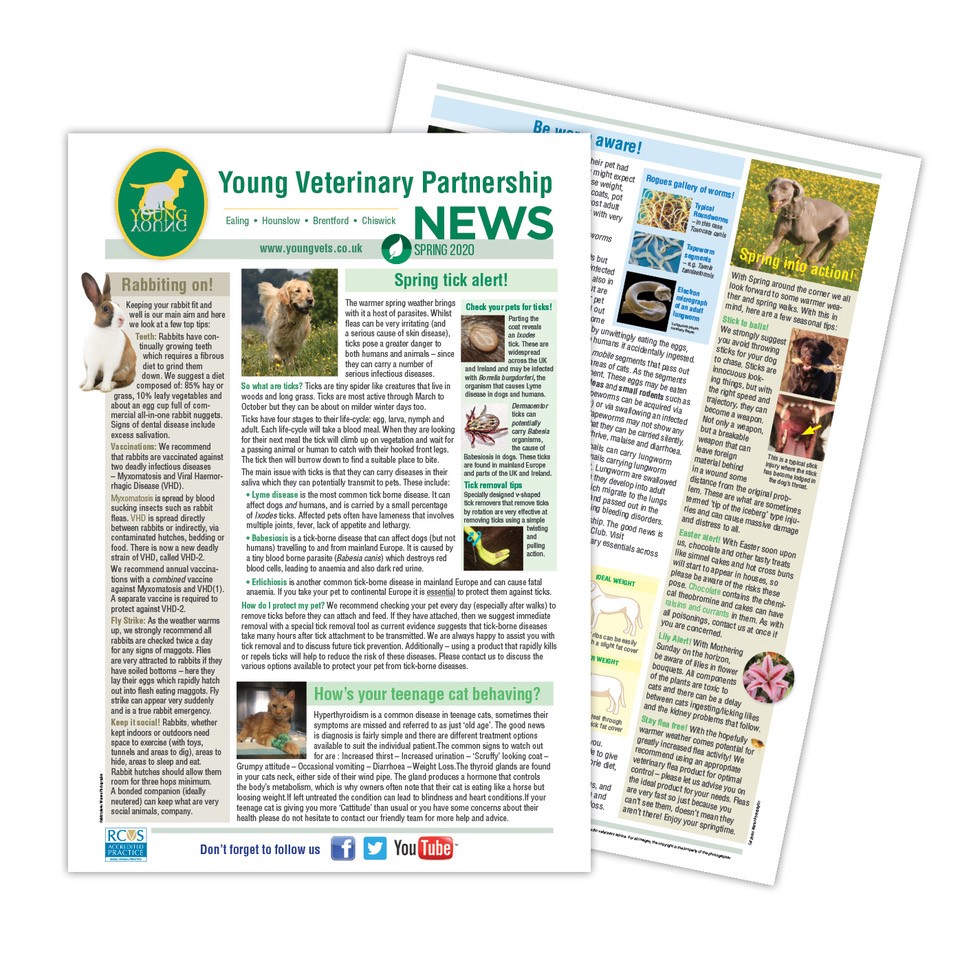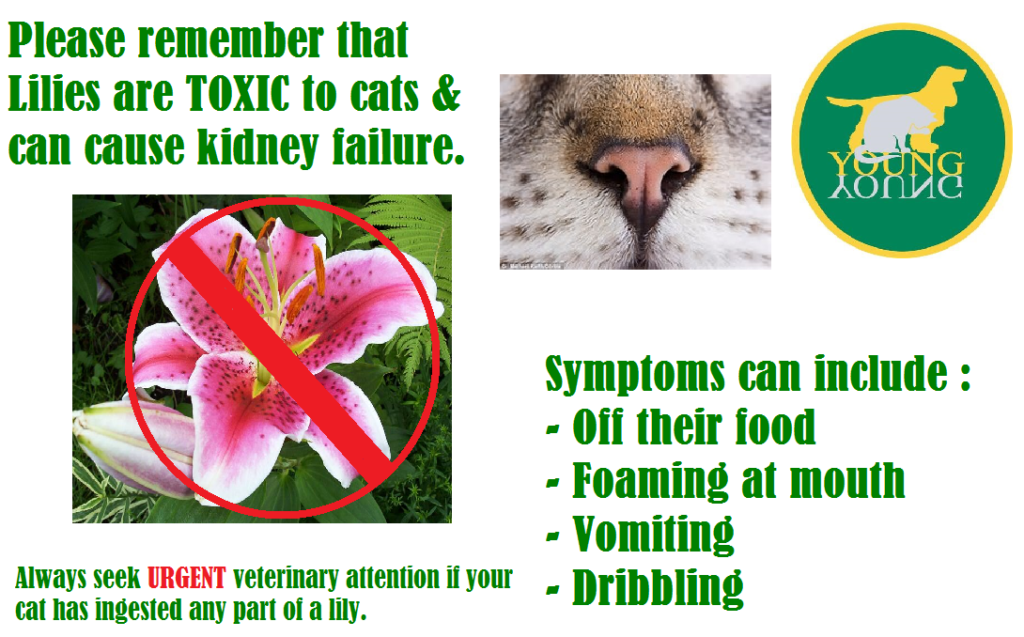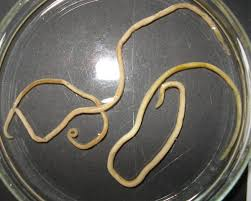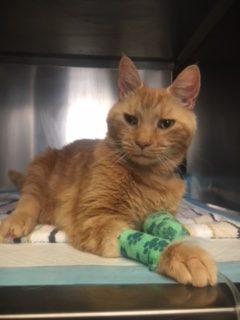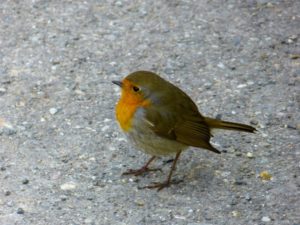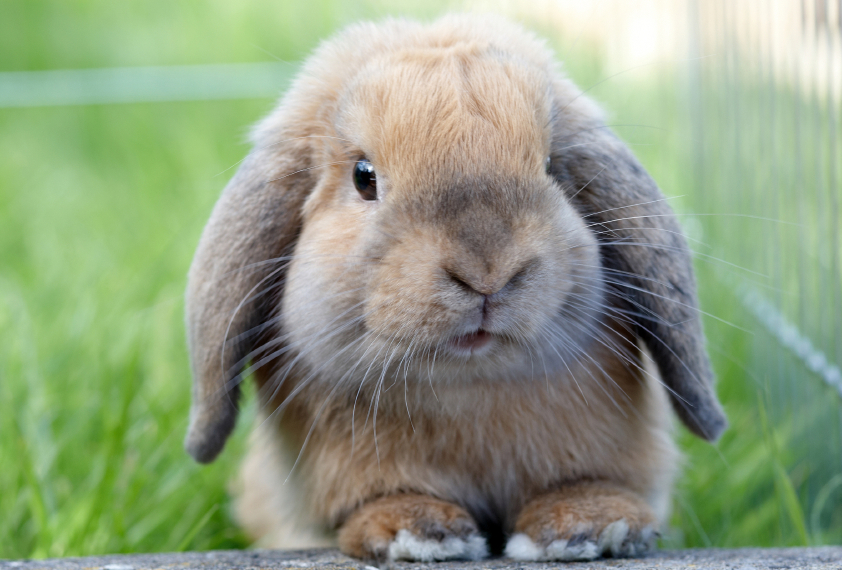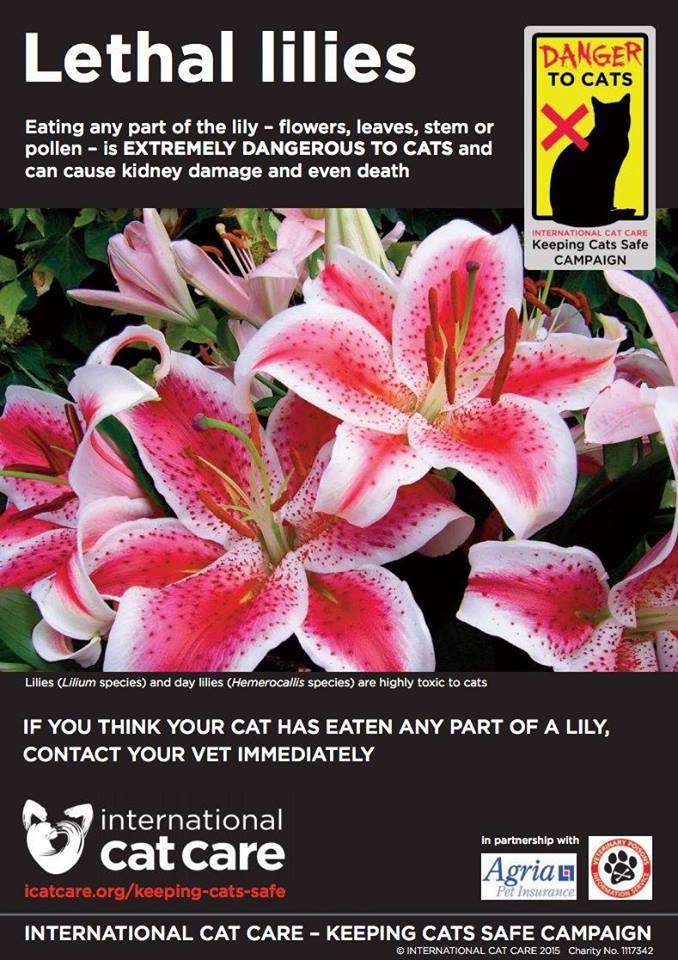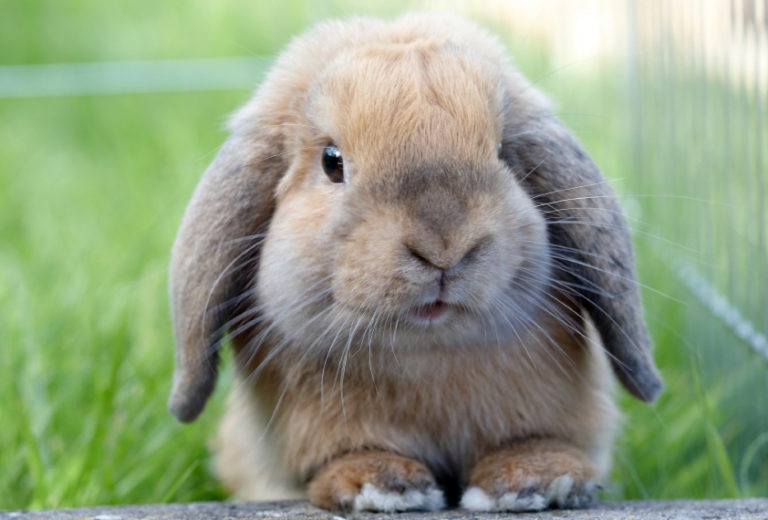Winter Worries!
The cold winter months bring particular challenges for our pets, and as their owners, we need to be aware of the problems that they can suffer at this time of year. Our Winter Worries blog takes a look at some of the commonest winter hazards.
Festive alert!
Pieces of string, tinsel and bones from your festive feast should be kept well out of reach to avoid an intestinal blockage. Baubles and lights, if broken and played with or eaten, could cause serious injury to your pet. We will be running an emergency service over the festive period, but we hope that our Winter Worries Blog will help alert you to the potential hazards in your home.
So – Why is a few extra lock down pounds a problem for your pet?
Loosing weight can be challenging for both humans and pets alike, with the onset of winter it’s very tempting to have a duvet day here and there – but this can lead to weight gain for your dog. Our Winter Worries Blog discusses the health concerns that a few extra pounds can cause, how to assess your pets weight visually from home and how to make a diet plan to help your pet.
We hope you enjoy reading the articles in our Winter Worries Blog, also featuring; Pet Healthcare Club – Our healthcare plan offers an easy way to budget for your pets healthcare essentials. How to help the vulnerable birds in your garden this winter. Plus, some top tips on how to care for your Guinea pigs. If you need advice on any of the articles mentioned please do not hesitate to contact our friendly team for more information.

